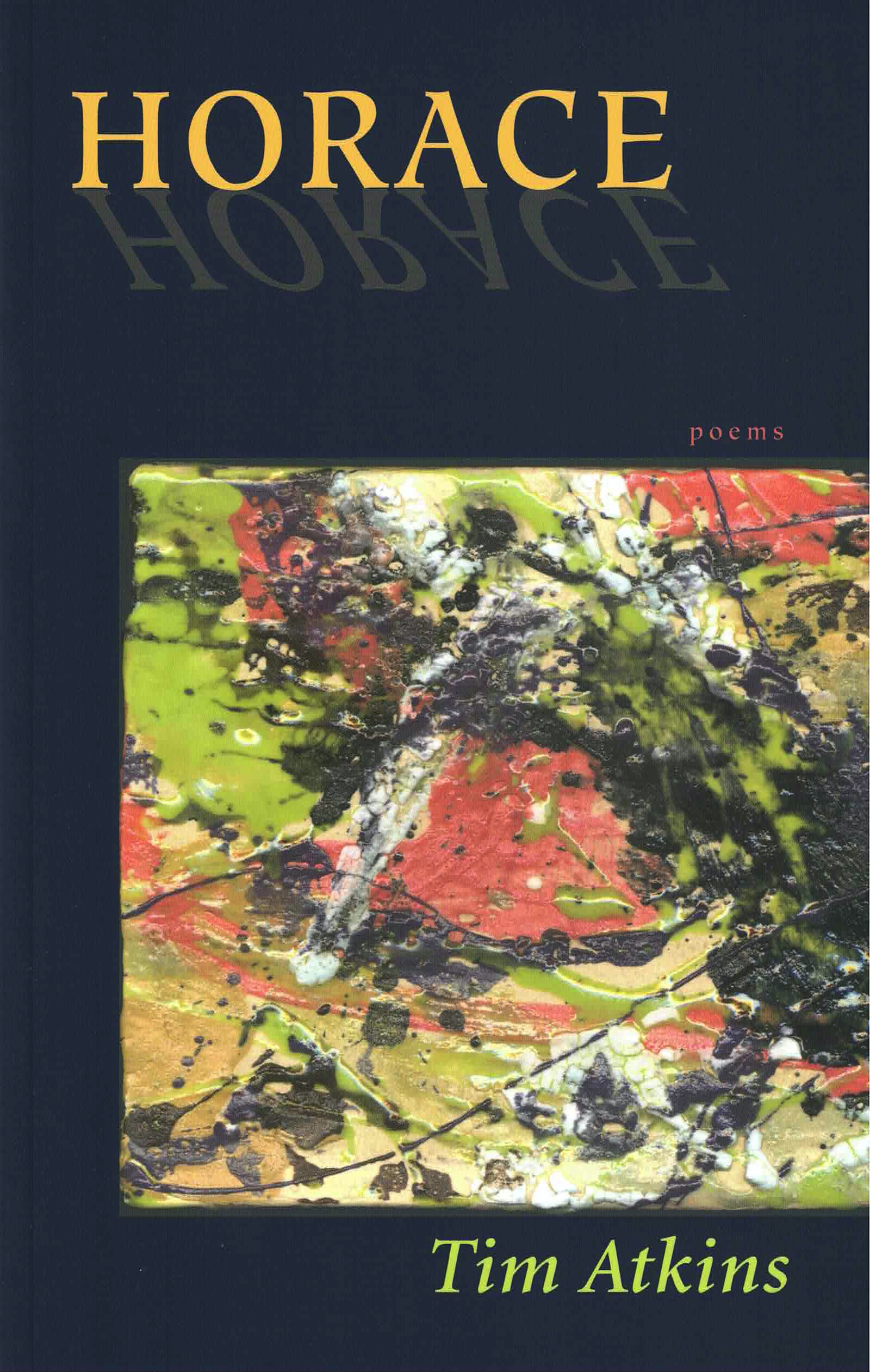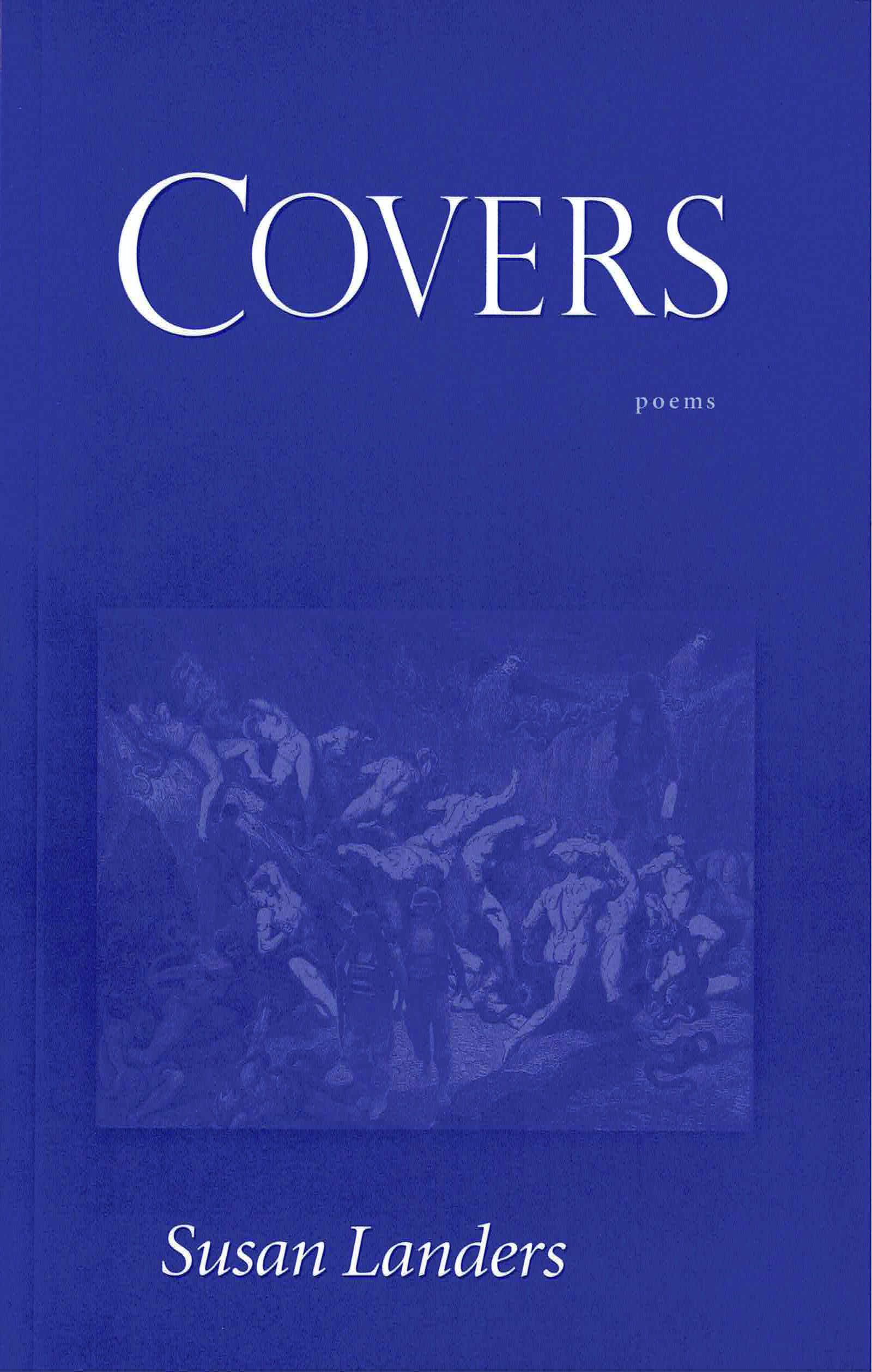[where late the sweet] BIRDS SANG is a rift of erasure poems which pluck a few words from Shakespeare’s sonnets and on that absent space create their own space and shape: “to still all one note.” Ratcliffe’s process, while altering, through deletion, the language of the source text, preserves Shakespeare’s spatial vision, letting words rest where they were first placed. The product of this is an array of elegantly sparse poems, a constellation of images that retain affiliation with Shakespeare’s themes while allowing the reader the freedom to conjure new ones.
Stephen Ratcliffe
Praise for [where late the sweet] BIRDS SANG
Through the twists and turns of its lines, this poem is also a text that tries to look for and find another type of sentence, one where the word does not have a semantic function only but has almost reached phonetic and graphic autonomy…
—Vincent Broqua, Jacket2
…perhaps the self is as fluctuant a thing as the possible interpretations its left-behind (and just as readily inherited) materials offer. Perhaps this blankness and obliqueness is not a permanent obstruction but a slate on which other sentences, today’s sentences, might be written. The process of composition roots itself in decomposition, and vice versa—of text and body alike. And so “writing through” a segment of the canon, as Ratcliffe has, reveals more porosity than is present in an initial survey, during which the eyes of its marble busts seem veneered and impenetrable.
—Andrew David King, Kenyon Review
Ratcliffe’s meanings never quite come to conclusion; they continue to mutate and interweave. We are asked to see the book as a whole as a kind of symphony or suite, where we derive meaning from the ongoing motions, repetitions, and accretions of language, thought, and emotion.
— Andy Frazee, Jacket Magazine

![Where_Late_the_Sweet cover of [where late the sweet] BIRDS SANG by stephen ratcliffe, textured magenta across the entire cover](https://litmuspress.org/wp-content/uploads/2020/10/Where_Late_the_Sweet-scaled.jpeg)



We can imagine ourselves reading as if listening to a speech, conversation, or story; we can imagine ourselves reading as if looking at a picture, play, film, or sequence of events; we can imagine ourselves reading as if perusing—that is, producing and constructing—a text. Reading is always reading-as-if…
—Stephen Radcliffe, Reading the Unseen